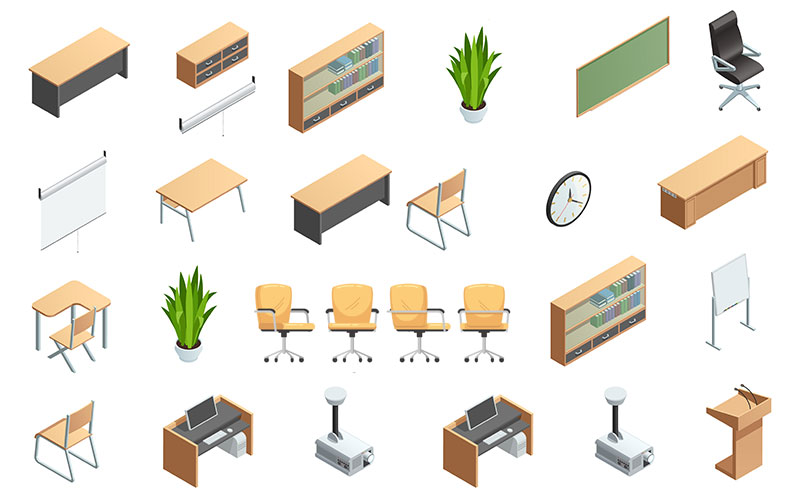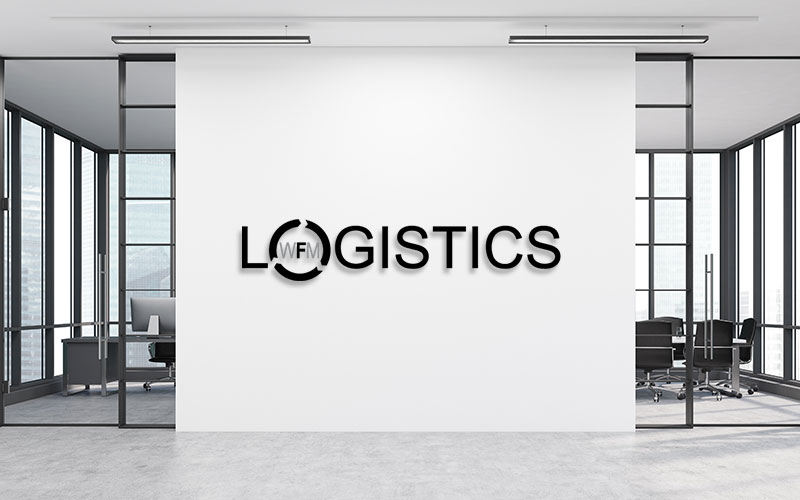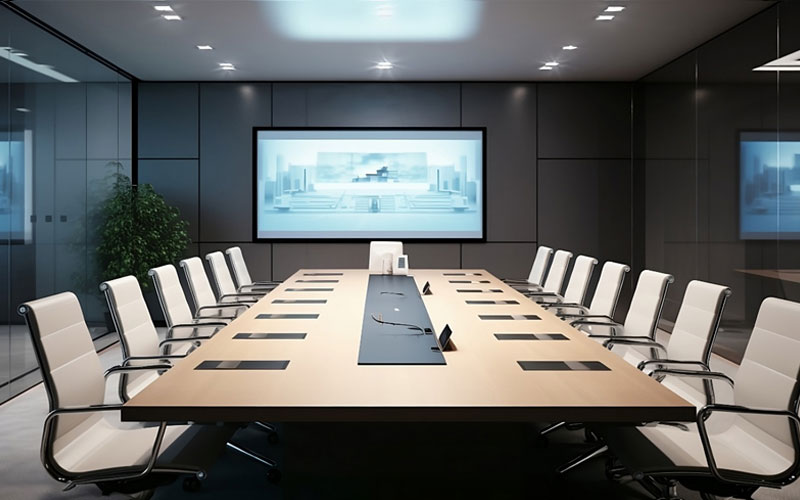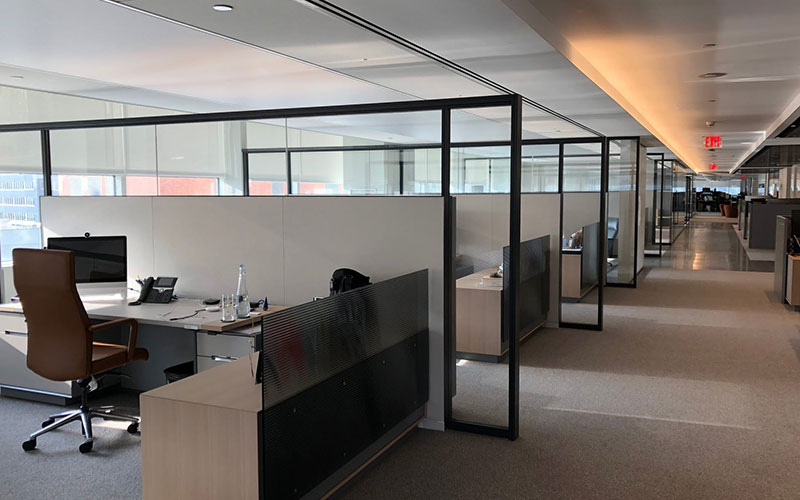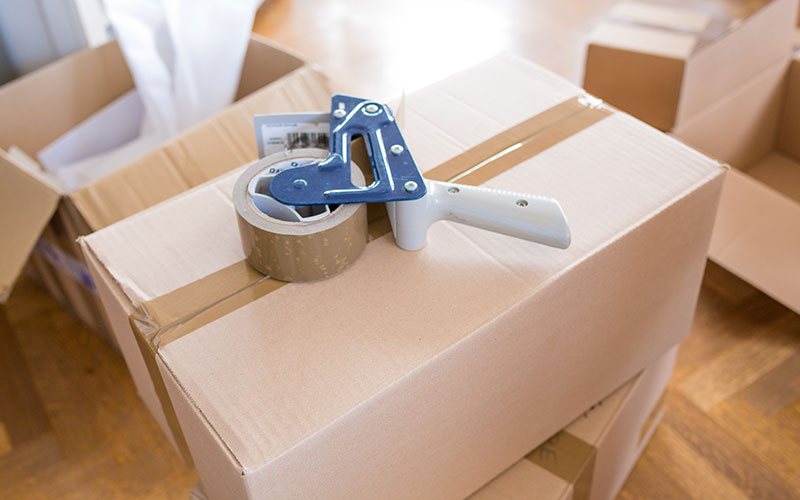Table of Contents:
What does a Furniture Manager do?
Here are thirteen specific things a Furniture Consultant / Furniture Manager provide you with:
- Independence is key to project success and central to the core values of a true consultant working only on your behalf. You need a Furniture Manager that does not sell or receive compensation in any way from a manufacturer, broker, or dealer of any goods or services you will be using on your project.
- Specifiers may prioritize aesthetics over construction quality and cost-effectiveness. You deserve options that balance both aspects. A furniture manager will assist in vetting the vast array of products available to you, ensuring that you have the widest selection at the best value.
- Product selection requires hands-on inspection and due diligence, including showroom visits and mockups. You need to have an entity that will arrange showroom visits, visits of existing installations, obtain samples, and mockups on your behalf so that you can claim due diligence and give your stamp of approval.
- Effective communication with stakeholders ensures compliance with function and performance requirements. You will need someone to establish a regular project meeting schedule to draw in all stakeholders and engage them using a precise protocol. You will need someone with experience and discipline to manage and memorialize all project meetings for efficiency and effectiveness.
- Boilerplate RFPs may not suffice; experience with various RFPs is crucial for successful procurement. You will need an entity that has experience with a vast array of RFP’s and familiarity with what to ask for and how to ask for it.
- Bid leveling demands deep knowledge of products and services. An affective leveling process can only occur when a proper RFP has been issued. You will need an entity that has hands on experience with the products and services being considered.
- Negotiating scope, schedules and costs requires familiarity with similar projects and products. You will need help from someone who has done hundreds of similar projects.
- A preliminary scope and schedule database are essential for tracking costs and schedule. You will need someone to build and maintain the database.
- Field supervision is necessary for managing furniture deliveries outside of regular hours. You will need an entity that can coordinate, staff, and monitor the deliveries on your behalf.
- On-site representatives are crucial for resolving issues promptly and effectively. Deliveries occur at night and during the weekends. You will need an active and knowledgeable representative operating on your behalf to monitor and resolve issues quickly and effectively.
- Despite the best laid plans, things will go wrong, issues will manifest themselves, on-site supervision leads to quick action and positive outcomes. You will need an active and knowledgeable representative operating on your behalf to monitor and resolve issues quickly and effectively.
- Proactive field management helps avoid punch list items and late discoveries. You will need someone in the field addressing issues as they arise in order to avoid punch list items that were compounded due to late discovery.
- Tracking and monitoring costs through a detailed and comprehensive cost accounting program, approving, and documenting payments, and closing out a job requires hours of dedication and experience. You will need an entity to take responsibility and stand up to a forensic audit if one is ever required.
External Links:
- What do successful project managers do:
- What does the next generation of project management look like?
What does it cost?
The cost for our service is integrated into our model, alongside procurement costs, and yields substantial savings. By leveraging our industry experience, we can offer a comprehensive suite of services, from diverse product options to expert RFPs and meticulous project planning. These measures mitigate risks and generate significant savings, often reducing costs by 5% or more.
Logistics provides such a team – adept at managing project budgets and capable of proactive planning. We have developed proven methodologies for allocating resources, organizing, and executing large-scale relocations. With continuous exposure to top-tier furniture products and solid manufacturer relationships, we oversee distribution and collaborate effectively with various trades involved.
Why Logistics?
We are the only company with proven experience providing comprehensive furniture management and labor oversight, ensuring continuity among all vendors, contractors, subcontractors, and stakeholders in a project. We are completely independent from any manufacturer, broker, dealer, distributor, or service provider that might be engaged in the supply chain associated with your project.
FAQ’s
Why not just use a furniture dealer as my Furniture Manager?
Most companies marketing their services as a Furniture Manager are Furniture Dealers offering solutions to your needs by matching those needs with the product lines they represent. A deep dive into understanding how the industry currently functions will reveal that while your furniture dealer may offer some management services, there are several reasons why you might choose to engage a separate Furniture Manager:
- Expertise: Furniture dealers specialize in selling furniture, whereas Furniture Managers have expertise in overseeing all aspects of furniture within a space or organization, including procurement, space planning, installation, maintenance, and disposal. A dedicated Furniture Manager can offer, not only these services, but a broader range of services and insights beyond just purchasing furniture.
- Independence: A Furniture Manager acts independently from furniture suppliers, ensuring that they prioritize your organization’s needs and objectives rather than promoting specific products or brands. This independence helps avoid conflicts of interest and ensures unbiased decision-making.
- Comprehensive Solutions: Furniture Managers can provide end-to-end solutions for all your furniture-related needs, from initial planning and procurement to ongoing management and eventual disposal. They offer holistic support throughout the furniture lifecycle, optimizing processes and maximizing value for your organization.
- Customization: Furniture Managers tailor their services to your specific requirements, considering factors such as budget constraints, space limitations, design preferences, and functional requirements. They can provide personalized solutions that align with your organization’s unique goals and priorities.
- Efficiency and Cost Savings: By leveraging their expertise, industry connections, and negotiation skills, Furniture Managers can streamline the furniture procurement process, minimize risks, and identify cost-saving opportunities. They help ensure that you get the best value for your investment while avoiding common pitfalls and delays.
Isn’t a Furniture Manager duplicating the service of a furniture dealer?
While there may be some overlap in the services provided by a Furniture Manager and a furniture dealer, they serve distinct roles and offer various levels of expertise and support:
- Scope of Services: A furniture dealer primarily focuses on selling furniture products. They assist with selecting and purchasing furniture items from their inventory or catalog. Their services typically revolve around the transactional aspect of buying furniture. On the other hand, a Furniture Manager offers a broader range of services beyond just procurement. They oversee all aspects of furniture within a space or organization, including space planning, installation, maintenance, and disposal. Their role is more comprehensive and involves managing the entire furniture lifecycle.
- Independence and Objectivity: Furniture dealers are typically affiliated with specific brands or manufacturers and may prioritize selling products from those sources. While they can provide valuable insights and recommendations, their recommendations may be influenced by their relationships with suppliers. Furniture Managers, on the other hand, act independently and prioritize the interests of their clients. They offer unbiased advice and solutions tailored to the client’s needs, without favoring any particular brand or supplier. This independence ensures that decisions are made in the client’s best interest.
- Customization and Optimization: Furniture Managers collaborate closely with clients to understand their unique requirements, constraints, and objectives. They provide customized solutions that optimize space utilization, functionality, aesthetics, and budget. While furniture dealers may offer some customization options, their primary focus is on selling existing products from their inventory. They may not have the expertise or flexibility to provide tailored solutions that address all aspects of the client’s needs.
While there may be some overlap in the services provided, using a Furniture Manager does not necessarily duplicate the service of a furniture dealer. Instead, it complements and enhances the furniture procurement process by providing additional expertise, independence, and comprehensive support throughout the furniture lifecycle. Additionally, a Furniture Manager provides you with the option of going direct to the manufacturer, a furniture rep company, or multiple furniture dealers to get the best product options and pricing possible.
Why would I pay a Furniture Manager if I am going to pay a furniture dealer?
Engaging a Furniture Manager and working with a furniture dealer serve different purposes and offer distinct benefits, which can justify the cost of each:
- Expertise and Specialization: Furniture Managers specialize in overseeing all aspects of furniture within a space or organization, including procurement, space planning, installation, maintenance, and disposal. They offer expertise in managing the entire furniture lifecycle and ensuring that furniture solutions align with your specific needs and objectives. Furniture dealers, on the other hand, primarily focus on selling furniture products from their inventory or catalog. While they can provide valuable insights and recommendations regarding individual furniture items, their expertise may be limited to the transactional aspect of buying furniture.
- Independence and Objectivity: Furniture Managers act independently and prioritize the interests of their clients. They offer unbiased advice and solutions tailored to the client’s needs, without favoring any particular brand or supplier. This independence ensures that decisions are made in the client’s best interest. Furniture dealers may have affiliations with specific brands or manufacturers and may prioritize selling products from those sources. While they can offer valuable products and recommendations, their advice may be influenced by their relationships with suppliers.
- Comprehensive Support and Optimization: Furniture Managers provide end-to-end solutions for all furniture-related needs, from initial planning and procurement to ongoing management and eventual disposal. They offer holistic support throughout the furniture lifecycle, optimizing processes and maximizing value for your organization.
While furniture dealers can assist with selecting and purchasing individual furniture items, their services typically revolve around the transactional aspect of buying furniture. They may not have the expertise or capacity to provide comprehensive support for all aspects of furniture management. Ultimately, while there may be some overlap in the services provided, engaging both a Furniture Manager and a furniture dealer can complement and enhance the furniture procurement process by providing additional expertise, independence, and comprehensive support tailored to your organization’s specific needs and objectives. The cost of each service reflects the value they bring and the benefits they offer in managing your furniture requirements effectively.
If I have a Furniture Manager, why do I need a furniture dealer?
Engaging a Furniture Manager and working with a furniture dealer or dealers serves different but complementary roles in managing your furniture needs. While a Furniture Manager oversees the entire furniture lifecycle and provides comprehensive support, a furniture dealer specializes in selling furniture products and can offer insights and options for specific items. Here’s why you might still need a furniture dealer even if you have a Furniture Manager:
- Product Selection: Furniture dealers offer products from various manufacturers, giving you access to the furniture lines they represent. They can help you find specific items in their catalogue of products that meet your design preferences, functional requirements, and budget constraints.
- Access to Brands and Suppliers: Furniture dealers have established relationships with furniture manufacturers and suppliers, allowing them to access exclusive products, exclusive discounts, and customized solutions.
- Product Expertise: Furniture dealers have in-depth knowledge about the furniture products they offer, including their features, materials, construction, and specifications.
- After-Sales Support: Furniture dealers can provide after-sales support, including warranty assistance, maintenance services, and product replacements. They serve as a reliable point of contact for any issues or concerns you may encounter with your furniture purchases.
While a Furniture Manager offers valuable guidance and oversight throughout the furniture lifecycle, engaging with a furniture dealer can complement their services by providing access to a specific brand of products, expertise, and convenience in sourcing and acquiring the furniture lines they represent. Together, the Furniture Manager and the furniture dealer or dealers on your project work synergistically to ensure that your furniture needs are met effectively and efficiently.

